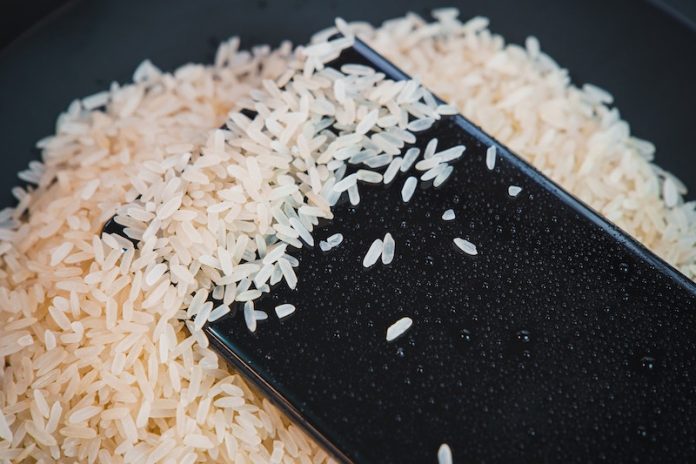
Did you know that the food you eat could impact the health of your eyes, especially if you have diabetes?
Diabetic retinopathy, a condition causing damage to the eyes due to poorly controlled blood sugar, might be improved by a special diet.
Diabetic Retinopathy: A Sight-Threatening Condition
Diabetic retinopathy is a nasty complication of diabetes that can lead to blindness.
It’s caused by damage to the tiny blood vessels that feed the retina – the part at the back of your eye that captures what you see and sends the information to your brain.
It can be sneaky, starting with minor symptoms like floaters (little specks that float in your field of vision), blurry vision, dark patches, and color perception problems. But if it gets worse, it can lead to blindness.
A Blast from the Past: The Rice/Fruit Diet Experiment
Back in 1958, researchers from Duke University explored a fascinating question: could changing your diet improve diabetic retinopathy? They studied 100 patients, 44 of whom had diabetic retinopathy.
They put 30 of these patients on a special diet based on rice and fruits and followed them for an average of 22 months.
They carefully examined the patients’ eyes, using a method called fundus photography, before and after the diet.
This allowed them to spot changes in the tiny blood vessels and tissues in the retina. They looked for signs of improvement, such as fewer blood vessel abnormalities and less inflammation.
The Eye-Opening Results
What they found was surprising. In 13 of the patients, both eyes showed signs of improvement. In 7 patients, the condition improved in only one eye.
Unfortunately, 9 patients saw their condition get worse, and 15 patients didn’t see any changes.
What’s So Special about the Rice Diet?
The rice diet isn’t your average diet. Originally developed by Dr. Walter Kempner in 1939, it’s a specific dietary program that includes rice, grains, fruits, vegetables, and beans, with an option to add fish.
It’s a low-calorie diet, providing only 800-1000 calories a day. It’s also very low in fat and protein, with only 5-10% of the calories coming from fat and 5-20% from protein.
One crucial aspect of the rice diet is its extremely low sodium content. We know sodium as the stuff that makes our food salty, but in excess, it can also increase blood pressure and cause other health problems.
Cutting down on sodium can be very beneficial for health, but it also means that anyone on the rice diet needs careful medical supervision.
The Rice Diet’s Legacy
Over the past 75 years, the rice diet has proven effective in treating not only diabetic retinopathy but also diabetes itself, kidney disease, high blood pressure, heart failure, sleep apnea, and obesity.
However, it’s important to remember that such a diet should only be followed under medical supervision due to its extremely low calorie and sodium content.
So, the next time you’re cooking up a pot of rice or enjoying a fresh piece of fruit, remember that these simple foods might just have the power to protect your eyesight – especially if you’re battling with blood sugar issues.
With the right dietary approach and medical supervision, there might be a brighter future for those with diabetic retinopathy.
Follow us on Twitter for more articles about this topic.
Copyright © 2023 Scientific Diet. All rights reserved.





